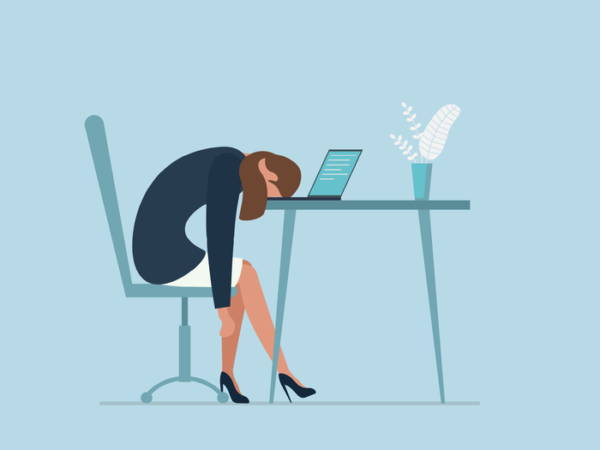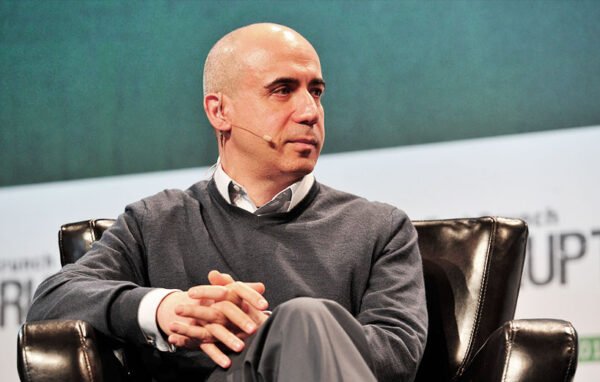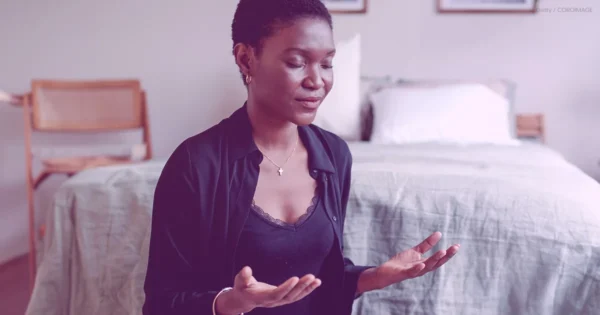
Post-Surgery Cancer Care: Learn to Manage Different Aspects of Health after Treatment

Your life is going to change after undergoing cancer treatment. Confusion, worry, struggle and anxiety are all normal feelings to experience as a cancer survivor. But things will get better and doctors, professionals and your family and friends are all there to help you. You just have to know what lifestyle changes are needed to have better control of your life. Here’s how to improve different health aspects during post-surgery cancer care.
Dealing with Weight Issues
Some patients lose so much that they have to put on some weight to reach a healthy number. For them, it is important to find ways to make food more appealing. Unfortunately, nausea will be a common issue and that will prevent you from gaining weight successfully. We recommend that you talk to your dietitian to find a plan that works for you, and know that your doctor is always around to help you fight pain and nausea, and to feel better.
For other survivors, losing weight will be important or they will have to take steps to at least keep them from gaining more over time. You want to ensure that you lose weight gradually and never try to get rid of more than 2 pounds a week. You can successfully achieve this by counting calories and spending more time outdoors and in the gym. Again, we recommend that you work with your healthcare provider to devise a better strategy. The more help you have around from professionals to guide you through this difficult time to find yourself again, the better.
Dealing with Stress
Undergoing cancer treatment is exhausting in every way, and that means you’re likely to be sitting on a pile of stress even after completing your treatment and beating cancer. But don’t fret, there are ways to cope and help out there! And a great way to tackle this situation is to be more active, small steps to a more active life everyday will truly help you on your journey to recovery.
Regular exercise will help immensely in lowering anxiety and alleviating stress. At the same time, it will help you have increased endurance and strength. It improves mood and sleep quality, which will also help reduce stress.
You can also try relaxation exercises to reduce the emotional, physical, and social effects of cancer treatment. Mindfulness training is a great way to start, so is yoga. You can learn deep breathing exercises to relax and reduce depression/anxiety. Interacting with friends and joining cancer support groups will also help to vent out your emotions, talk about your thoughts and any worries, and ultimately it will make you feel relieved.
Dealing with Hair and Skin Changes
Simply looking at yourself in the mirror and watching you lose hair during treatment can be quite stressful on its own. Thankfully, the changes are only temporary and you can find many products to improve hair growth – check https://cancer.livebetterwith.com/collections/hair-loss-hair-care to find more.
The same is true for your skin, which is likely to go dry after the treatment, but using moisturizers and skin care products daily may help get better results. Always talk to your doctor though before trying a new skincare product during this difficult time in your life.
Dealing with Sleep Problems
Piled up stress will always mess with your sleep quality. So what can you do to prevent those sleepless nights? Regular exercise and meditation will relieve stress and improve your sleep quality, but you should practice healthy sleep hygiene as well to improve your chances of minimizing sleep disturbances.
To get good results, develop a sleep schedule and stick to it, no matter what. You should follow the routine even on the weekends. Limit your intake of caffeine as a whole, but be sure to avoid it for at least 7-8 hours before you go to sleep. Instead, enjoy a cup of camomile tea. Exercise is good, but avoid doing it too close to your bedtime. Also, ensure that your bedroom is dim and quiet, and with the right temperature and comfortable, snug bedding to help you fall asleep with ease.
As a cancer survivor, you will soon learn that making changes to your daily life completely to live better and lower the chances of recurrence can help immensely.

Doctors, professionals, friends and family are all there to help you move forward after cancer survivorship, so don’t panic or rush things. Instead, stay patient, and work with your healthcare provider to live a comfortable life. Small steps every day and you will get there!














































